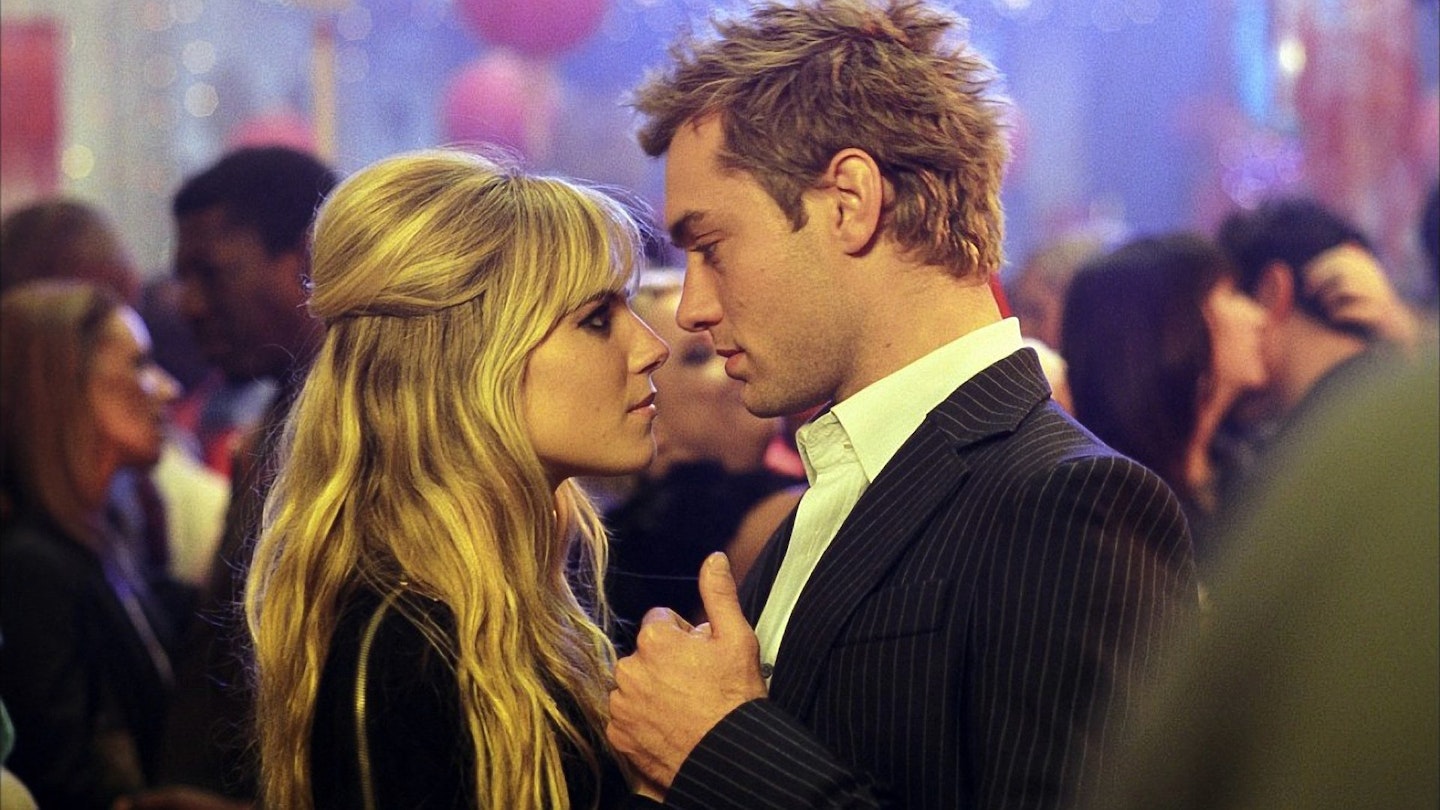Now something of a landmark, or at least a famous signpost, of London’s free’n’easy living in the mid-sixties and the consequent price to be paid for them, Lewis Gilbert’s intelligent and funny, if obvious, satire rests entirely upon the easy, earthy charm of its star. Thankfully, Caine, is equal to the pressure, holding Alfie in an equipoise between an over-sexed narcissist and a genuine, likeable man trying to make sense of the times and opportunities all about him.
Bill Naughton, who wrote a gem of a stageplay and then converted it to the screen, is also charting a fine line between moral indignation and a chirpy admiration for Alfie’s breezy antics. There is a spiky wit, not to say postmodern texture, to Alfie’s straight-to-camera musings, immortalised by his shrugging, if unconcerned, “What’s it all about?” The question the film asks is, “Why not?” Surely life is to be enjoyed? The answer is grimmer than you expect.
The shadows that eventually fall across Alfie — no just universe could stand this amount of sex, charm and bluster without recompense — give the film a deeper meaning than its fizzy-cool reputation might suggest. Alife will have a health scare, get a woman pregnant and have to witness the scuzzy backstreet abortion care of Denholm Elliot’s seedy “doctor” and finally, will find love only to have it taken away.
Lewis Gilbert has given us a moral fable that may not quite be the sum of its iconic value — thanks to endless posters and pub-imitators (a perpetual Caine problem) — but remains a defining point in Caine career, such that Jude Law’s callow remake seemed very foolish indeed.

